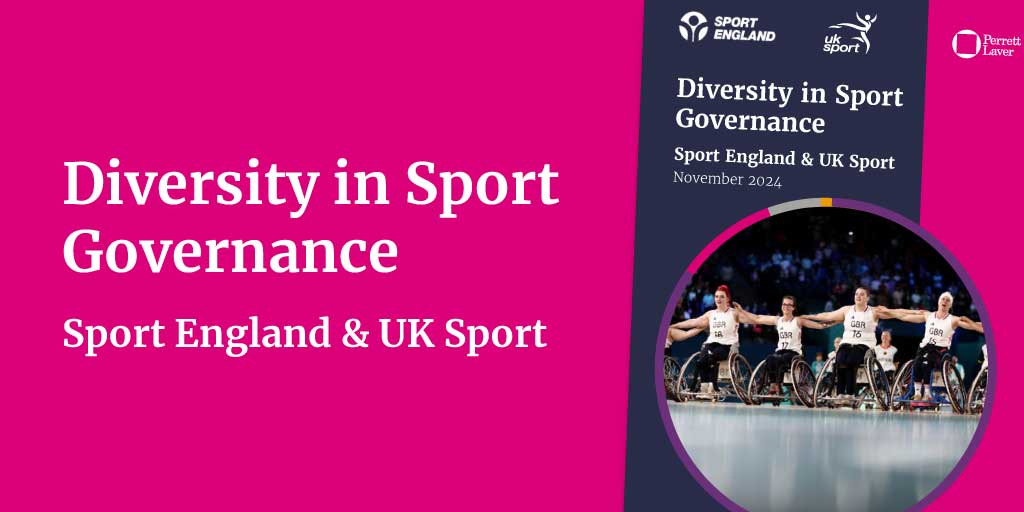The physical activity sector is always working towards goals centred on sport and activity. Last month saw the first #OpenGoal report released, as well as a reflection on sports interventions for young people at risk of incarceration.
So, how is the sector continuing to provide impact across the sector?
Read on to find out.
Making positive changes with #OpenGoal
The Sport for Development Coalition has marked the first anniversary of the #OpenGoal framework with the release of its first annual report. The report provides an overview of almost 400 charities, organisations and networks using sport to reach their community health and social goals.
In just 20 pages, the report maps the significant collective impact on a variety of outcomes, including health and wellbeing, education and development and employability. The annual report also looks back at previous research reports and policy briefs on mental health and active employment. You can find the report here.
Reflecting on the Youth Justice Sport Fund
Another pathway to reducing crime is the Youth Justice Sport Fund. Launched in December 2022, the primary target has been a second cohort of at-risk young people aged 10-17. The programme has delivered £5 million to 220 trusted community organisations to support young people who are considered at risk of incarceration.
Social deprivation, school exclusion and those experiencing complex safeguarding issues are among those who have been included in its programme activities. The fund has gone to great lengths not only to address those who are most at risk but to create a targeted approach for those who are at risk based on their local areas.
Now the first programme is ending there are real and undeniable challenges for low-income underserved communities that face the impact of youth crime. It is clear that highly trained individuals in sport-based interventions can help break cycles of criminality and provide supportive, engaging environments.
Tips for eco-friendly sports clubs
Sport Wales is encouraging sports clubs to become more eco-friendly. With the advent of floodlit pitches and extreme heat, they are calling for clubs to become more environmentally conscious with some tips to keep their carbon footprints small.
Tips included switching to LED lights, encouraging patrons to reduce emissions with active travel to training and competitions, reducing plastic waste and keeping grounds in top condition without chemical pesticides and fertilisers. The tips can be found here and are designed to be workable for all types of clubs, from volunteer-led to professional.









